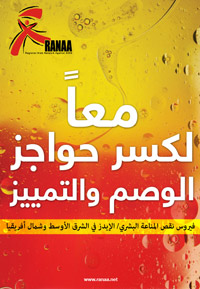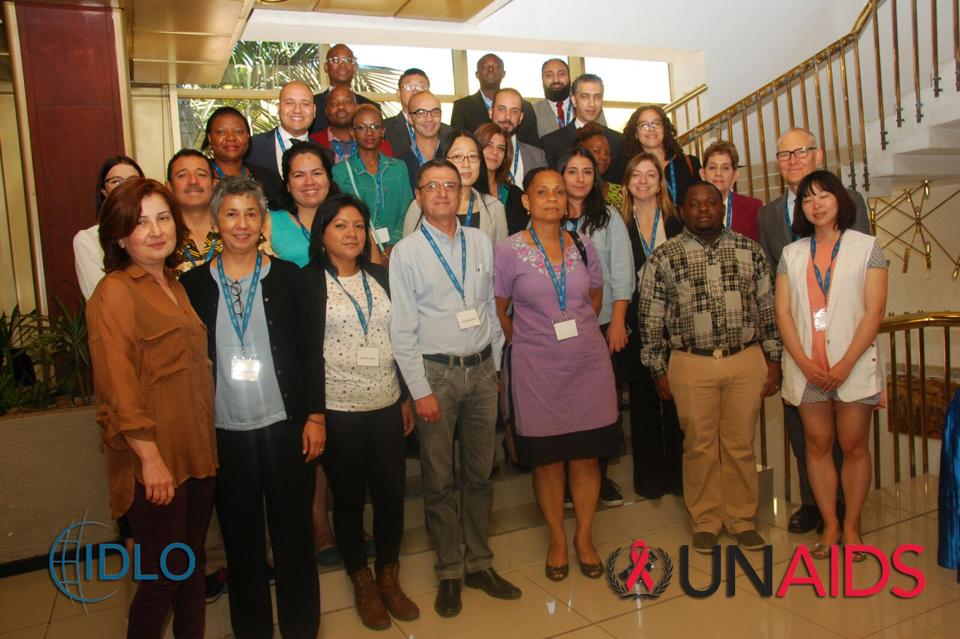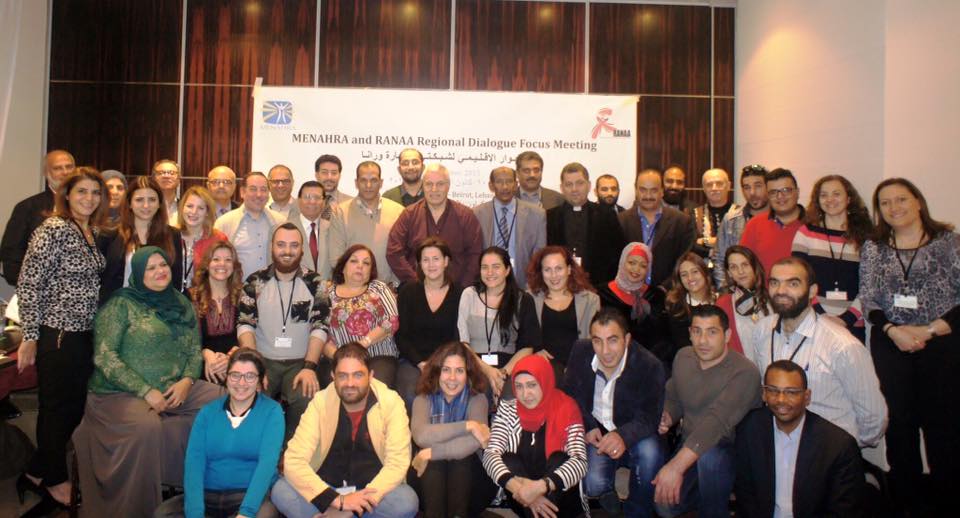By Mariam Nassaka, a citizen journalist from the Key Correspondents network
Ndaula Hamidu, 24, was born with HIV and is now an advocate for sexual and reproductive rights and services, including family planning – issues he says concern young men as well as young women.
“Having access to friendly services has helped me live positively and happily, and helped me serve as an example to my fellow people," said Hamidu, from Bugiri district, Uganda. “At the beginning, accessing services was difficult but it has become possible after knowing my rights.”
Young people like Hamidu need and want access to family planning services but they are not always available. Hamidu says that accessing services and enjoying safe sex is everyone’s right. He wants an environment where young people can access and demand sexual and reproductive health services, to reduce HIV transmission and unplanned pregnancies.
Reaching vulnerable populations
Dr Mayende Lam, district health educator in Busia District, said: “Young people need to access services that satisfy their life, free from discrimination. It’s useful to integrate sexual and reproductive services while focusing on family planning, because this reduces HIV transmission. It also saves time and reduces the burden of dependency on the country.”
For example, each year in Uganda there are around 900,000 unplanned pregnancies, around 400,000 of which end up in abortion. And every year the government spends around 7.5 billion Ugandan shillings (USD 2.1 million) on treating complications from unsafe abortions (CEHRUD).
Service providers need to reach out to the most vulnerable, particularly people living with HIV, transgender people and young sex workers, because they are at high risk of unplanned pregnancies and sexually transmitted infections. In advocating for young people’s rights to access family planning, factors such as age, religion, livelihood and education need to be taken into account.
However, Dr Lam believes this does not always happen. He said: “I am shocked by the lack of outreach by service providers and discrimination against marginalised groups of people.”
Lack of access
According to the World Health Organization, globally around 15 million girls aged 15-19 and about one million girls under the age of 15 give birth every year.
Uganda has 12.3 million young people aged between 10-24 years, who make up about 33 per cent of the general population (Population Reference Bureau). The estimated number of people aged 15-19 who use contraceptives is 13 per cent. And the HIV prevalence among women aged 15-24 is 4.2 per cent, but only 2.4 per cent among young men (AVERT).
Harriet Anyango, a family planning service provider at Busia Health Centre IV, said that every person should have the right to decide when and how to have children. Although there are a number of family planning methods, people lack access to them. This has resulted in young people in particular having children by chance instead of by choice, a high mortality rate among young mothers and high transmission of sexually transmitted infections.
Dr Lam said the impact of lack of access to family planning services is categorised in three stages: “In the first stage, we find unsafe abortion and school dropouts. In the middle stage we find anaemia and breastfeeding difficulties among the young mothers; and in the long term stage we find poverty in the community due to high population which results in a dependence burden to the country.”
People at the centre
Link Up is an ambitious project to improve the sexual and reproductive health and rights of young people in five countries, including Uganda, where it is running in 11 districts. In Uganda, the project is working hard to ensure that young people receive friendly services. This is made possible by training family planning ambassadors. The project is advocating for an increase in access of family planning through training service providers and peer educators, providing education materials and distributing condoms. This helps create an environment where young people are more able to access friendly services, and where young men can also be involved in promoting sexual heath and rights alongside young women.
Allen Kyendikuwa is a persuasive advocate who works as a programme officer at Link Up’s partner in Uganda, the Youth Coalition on Adolescent Sexual and Reproductive Health Rights and HIV/AIDS.
She said: “Setting up distribution channels and educating family planning ambassadors, both in schools and communities, increases access. Carrying out workshops with service providers equips them with information, skills concerning family planning and how to approach people who are vulnerable.”
Mariam Nassaka lives in Uganda and is a member of Key Correspondents, a citizen journalism network reporting for action on HIV. The network is supported by the International HIV/AIDS Alliance.








